We all know that coffee has many a wonderful benefit, from that ever-so-necessary espresso first thing in the morning, to rubbing it on your skin for a bit of exfoliation (you can thank us later). However, for all its goodness, are coffee grounds really that beneficial to use in the garden? Our initial searches suggested "yes, coffee grounds are great for acid-loving plants like hydrangeas, rhododendrons, azaleas, lily of the valley, blueberries, carrots, and radishes" - and we saw this repeated time and time again - but when we looked further, we started to have some doubts.
Do coffee grounds in the garden kill slugs and make soil healthy?
A cursory search on Google will tell you that coffee grounds kills slugs and bugs, but no, sorry to bust the first myth - apparently coffee grounds won’t kill slugs, unless they're scalding hot!
Whether you’re an avid gardener or not, we’ve all heard somewhere or read online that applying spent coffee grounds to your garden will yield amazing results. Most Google searches will tell you straight up that using coffee grounds will make your plants grow “out of control”, ward off slugs and make your soil and earthworms healthy if you put it in your compost. Interesting.
We were amazed how many countless and consistent claims on the internet also stated confidently how coffee grounds add essential minerals to the soil, boost populations of friendly soil bacteria and even reduce the pH levels for acid-loving plants such as azaleas, hydrangeas, rhododendrons, lily of the valley, blueberries, carrots, and radishes.
Unfortunately, for those aspiring gardeners out there who believe all this, we're not sure it's always the case. What is lacking from our diligent online searching, is any actual scientific research in support of the beneficial claims about putting coffee grounds on the garden.
And once you start digging further for facts or studies into what impact coffee grounds will actually have on gardening, conflicting information begins to arise. You will find that coffee grounds are too acidic, then you will find that coffee grounds aren’t acidic at all. Coffee is terrible for your compost, but coffee is also excellent for your compost. Having fun yet?
What coffee grounds really do for gardens and soil
After carefully weeding through the clearly ‘copy and pasted’ expert testimony on what coffee grounds do to soil and finding some credible sources, here is what we've concluded - coffee grounds can be highly acidic and really should only ever be used for acidic loving plants, such as blueberries, rhododendrons and azaleas.
But then, even this use needs to be done with caution and moderation, as they can also reduce soil productivity if your soil is already high in nitrogen. This basically means that the extra boost from the grounds could actually stunt the growth of fruits and flowers. Also worth a mention, spent coffee grounds are full of caffeine. And in fact, they can actually be richer than coffee itself, depending on your brewing technique!
And here's an interesting fact - lighter roasted coffee is also higher in caffeine than flavorsome dark roast - not that we're going to give up our medium dark-roast Nabob Organic ground coffee any day soon! Huh, learn something new every day!
A study in the Journal of Agricultural and Food Chemistry found that there can be up to 8 milligrams of caffeine per gram of used coffee grounds, depending on how long the grounds were steeped in hot water. That means that after you brew a shot of espresso, the grounds still contain about as much caffeine as a cup of tea.

Why caffeine is bad for your garden
Science, oh lovely, lovely science, tells us that caffeine was first a mutation in plants which was accidentally copied and passed on. Cocoa plants and coffee trees, even though they are not related, both evolved the ability to produce caffeine independently - something biologists call "convergent evolution”. This trait was for a solid, singular purpose… allelopathy - the ability to inhibit competition from surrounding species by suppressing their growth.
How? The caffeine in these plant’s fallen leaves will 'poison’ the soil so that other plants nearby can’t grow.
Caffeine is packed into coffee seeds for the very function of suppressing the germination of other seeds. Yikes, pretty vicious! But seriously, how impressive?!
“But aren’t coffee grounds supposed to make good mulch for plants?!” - I hear you say.
In short again, no. The basic answer, coffee grounds compact too quickly which doesn’t make them an ideal medium for mulch. Your mulch needs to breathe to let water and air in, as well as out, of the soil. Good to know, huh?
“Okay, so surely coffee grounds are useful for making great compost?” - Again, no.
One particular study compared three different composting methods to measure the effect of adding coffee grounds to your compost. In all three methods, they found an increase in the death-rate of earthworms and soil insects. According to this study, as the coffee grounds break down, they release “organic compounds and chemicals” which kill the worms. And as if this wasn't enough, it’s been found that coffee has antibacterial properties, too.
So, instead of helping the thriving microbiota of your compost, tossing your coffee grounds in could actually kill off helpful microbes. Not to mention the poor bugs…
If, for whatever reason, you do choose to start or carry-on adding coffee to your compost, do so sparingly and mix it with plenty of other organics such as dried leaves so that the positive effects cancel out the bad.
What kills slugs in a garden?
Oh, and while we’re on the bug train, another common question has to do with slugs. If coffee is as good at killing things as the studies state, then what does it do to our arch nemesis, the slug? We hate to be the bearer of bad news but there’s not much information in the way of this, and it’s not confirmed whether coffee repels or even kills slugs. Suppose there’s only one way to find out… but remember, do not put the coffee grounds close to your plants (don’t say we didn’t warn you!).
How coffee grounds can help your garden
Now don’t be disheartened, we do come with some good news when it comes to your garden and coffee grounds.
They may be a fantastic weed killer! You know how we said earlier how caffeine suppresses plant growth… Well, a study conducted by the International Plant Propagator’s Society noted that using coffee grounds did result in lower germination rates. White clover, Palmer amaranth, and perennial rye were the three plants used in their study. We say giving them a liberal sprinkling of coffee grounds is just what you need to give them the boot. Or try boiling the coffee grounds to make a concentrated weed-killing spray. Either way, the battle is on, be gone you pesky weeds!
All in all, we would suggest drinking as much coffee as your heart desires (within reason of course, let’s not get silly), but keep those coffee grounds away from your garden! If you were wondering what coffee grounds are good for or whether they can be used for skin care - we've got good news for you!
Now that you know why to NEVER Use Coffee Grounds In the Garden, learn more about how to grow food at home in the following pages:
Find more about green lifestyle choices and home construction in the Ecohome Green Building Guide pages and find out about the benefits of a free Ecohome Network Membership here. |
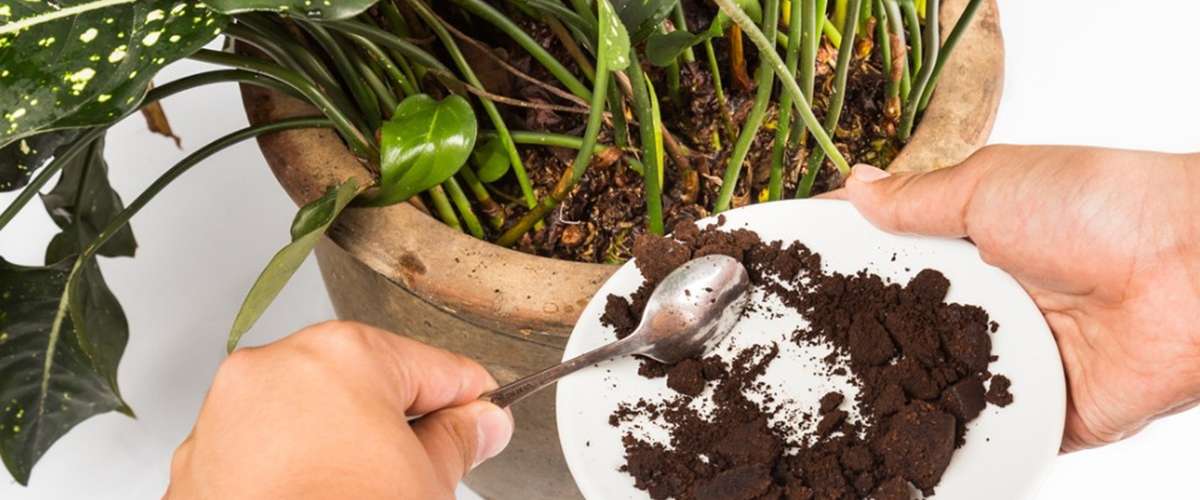














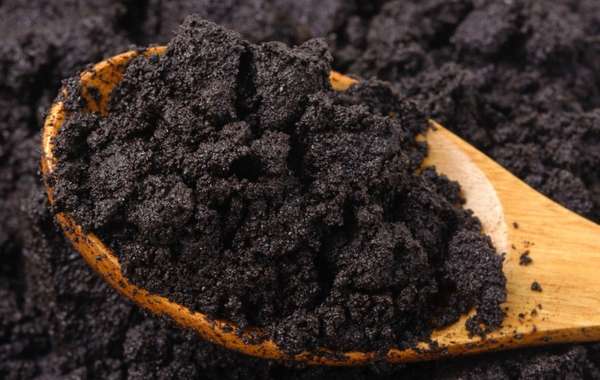
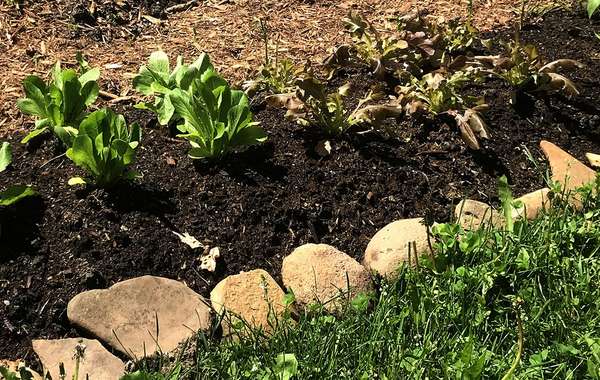
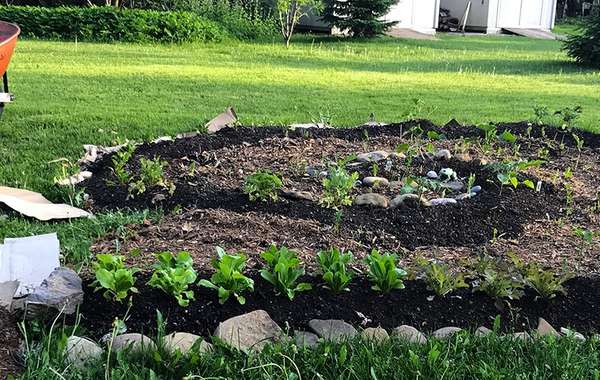
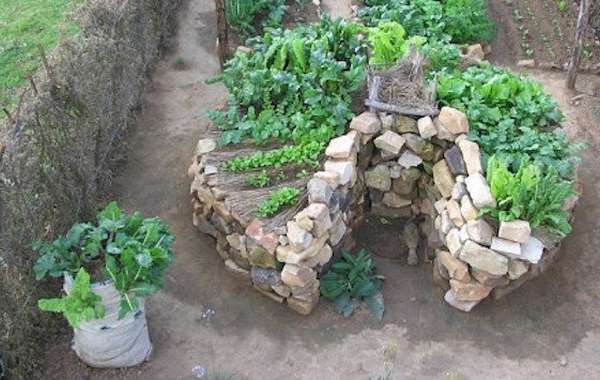
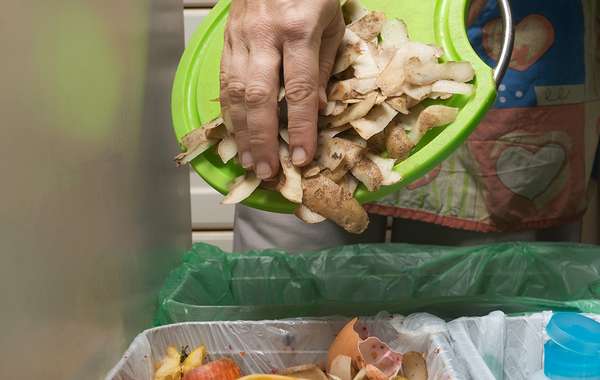
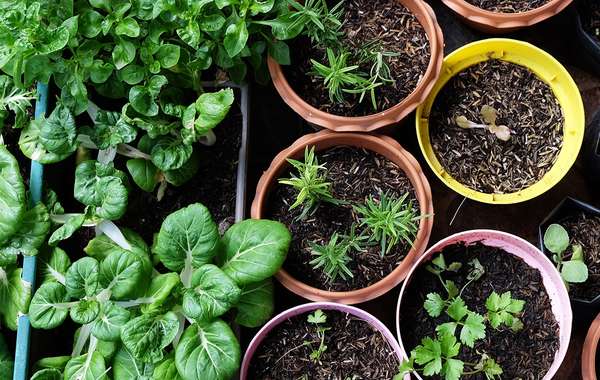
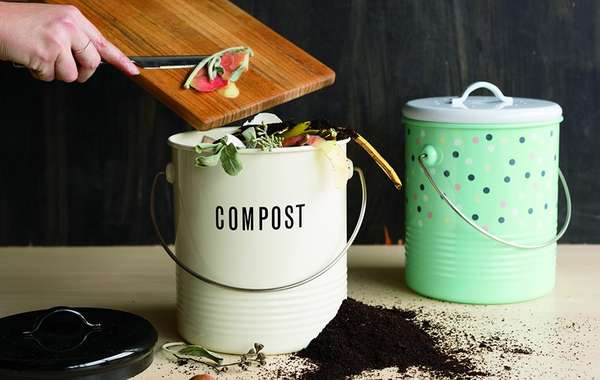
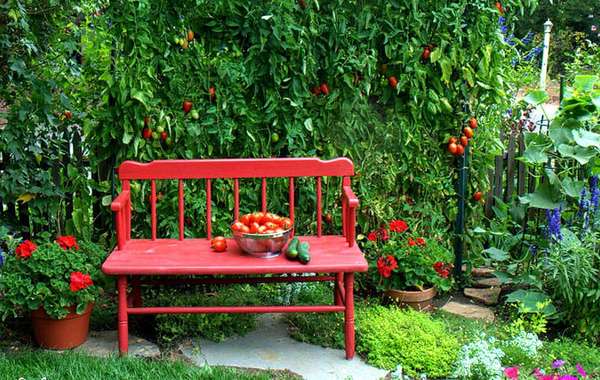
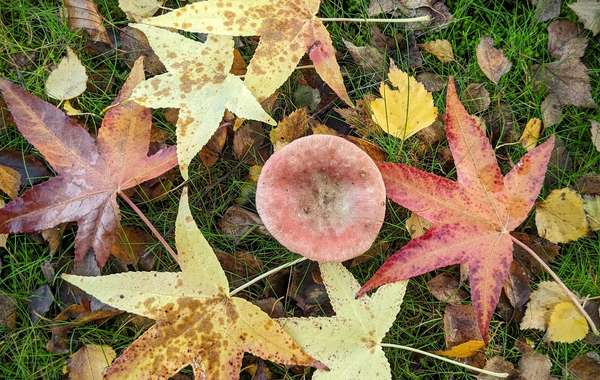
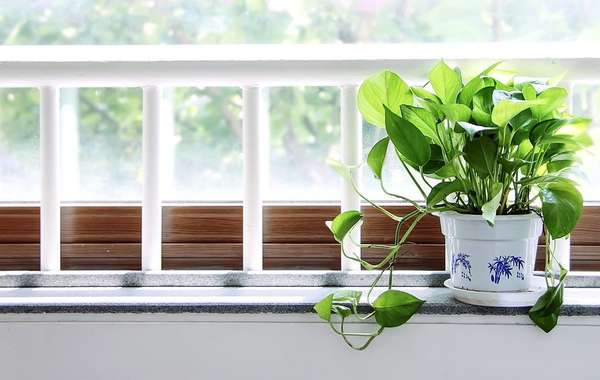
Please site your sources for the infromation in this artical.